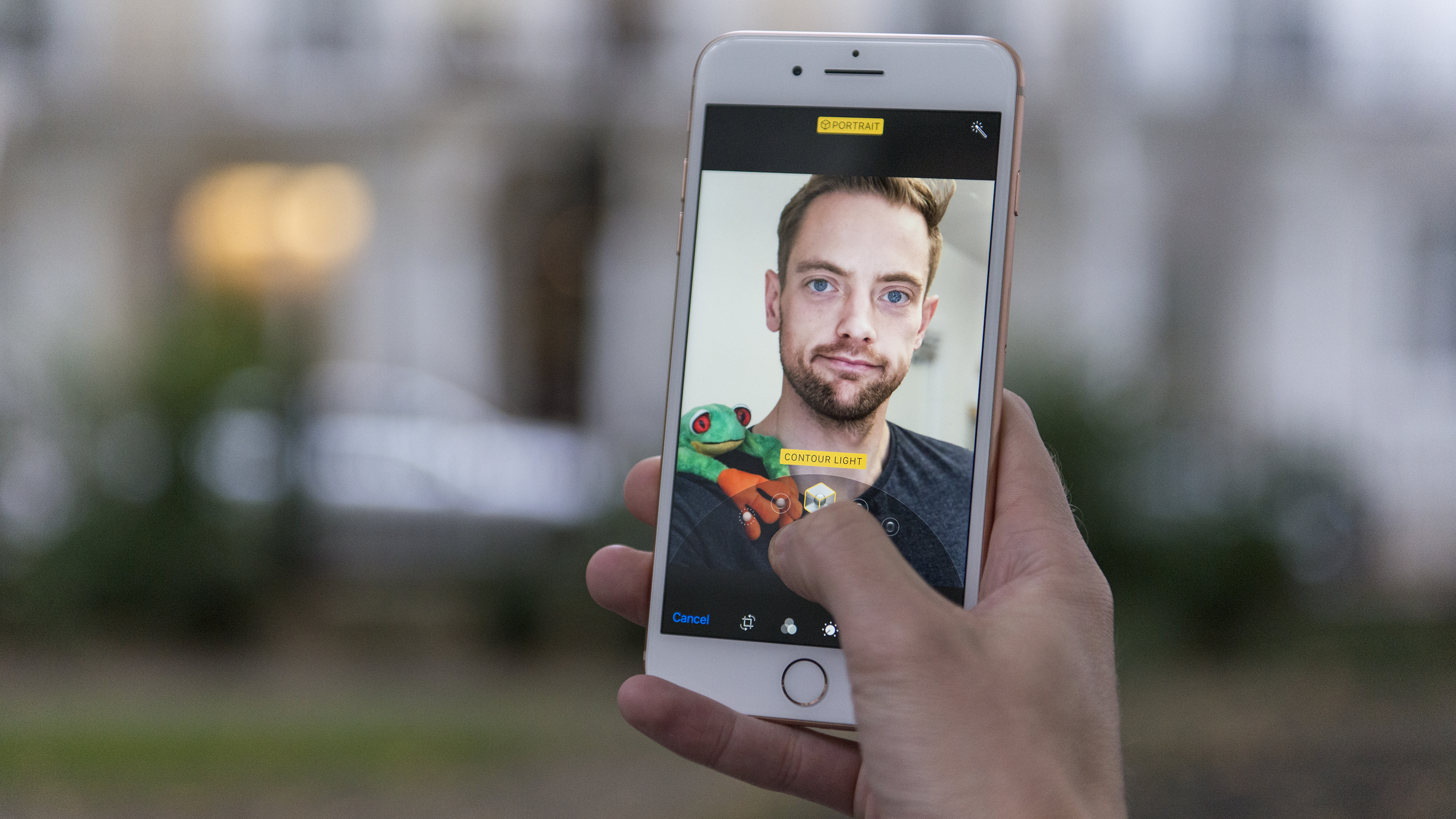Why you can trust TechRadar
- iOS 11 improves the usability of the phone
- 3D Touch and Control Center are both improved
- Now updated to iOS 12
Most iPhone users you'll speak to will agree that iOS 11 is a welcome and well thought-out upgrade. The visual changes are relatively minor, but they all really enhance the usability of the phone.
As shown by our earlier tests, you'll want one of the new iPhones for optimal performance when using the iOS 11 interface – unsurprisingly – but whichever handset you're using, the little tweaks are the most useful.
The iPhone 8 Plus has now been upgraded to iOS 12, bringing with it better performance and some new features. The key one is Screen Time, which monitors how much you're using your phone, and for what, and then provides tools to help you cut down on usage if you feel you're spending too long staring at your mobile.
A smaller update to iOS 12.1.3 has also happened, bringing new emoji and a Group FaceTime mode to the OS. And since then it has received iOS 12.2, bringing with it new Animoji and a tweaked Control Center design.
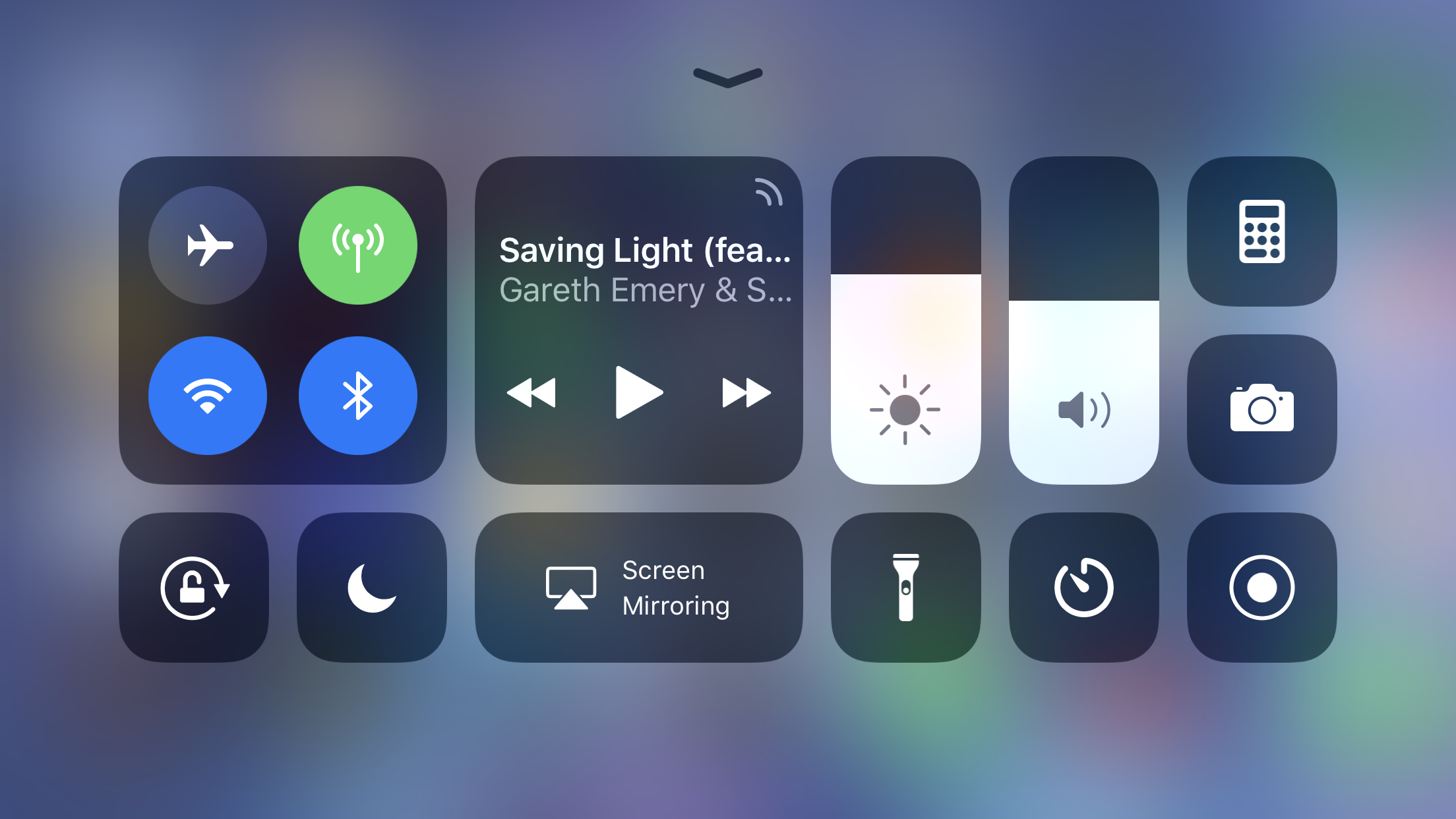
In terms of what iOS 11 did (and can still be found in iOS 12), 3D Touch is the biggest winner with the new changes, thanks to there being, well, just more that you can do with it.
Many more third-party apps have begun to offer extensions, with options activated by pressing harder either on the app icon itself or within the app. It's not an intuitive motion to push in harder initially, so if you want to get the the real benefits you have to constantly remind yourself of this feature's existence.
But in the all-new Control Center – the pane you drag up from the bottom of the screen – a longer press on any of the widgets offers genuinely useful extras, from the torch having more levels of brightness to the music app becoming fully functional.
Sign up for breaking news, reviews, opinion, top tech deals, and more.
There are bugs in the system though, and these hang around clearly unoptimized third-party apps. We experienced a number of unresponsive titles, or found keyboards being either too low, or covering the text box you're trying to type into.
However, as more and more apps become updated, this is becoming less of a problem.
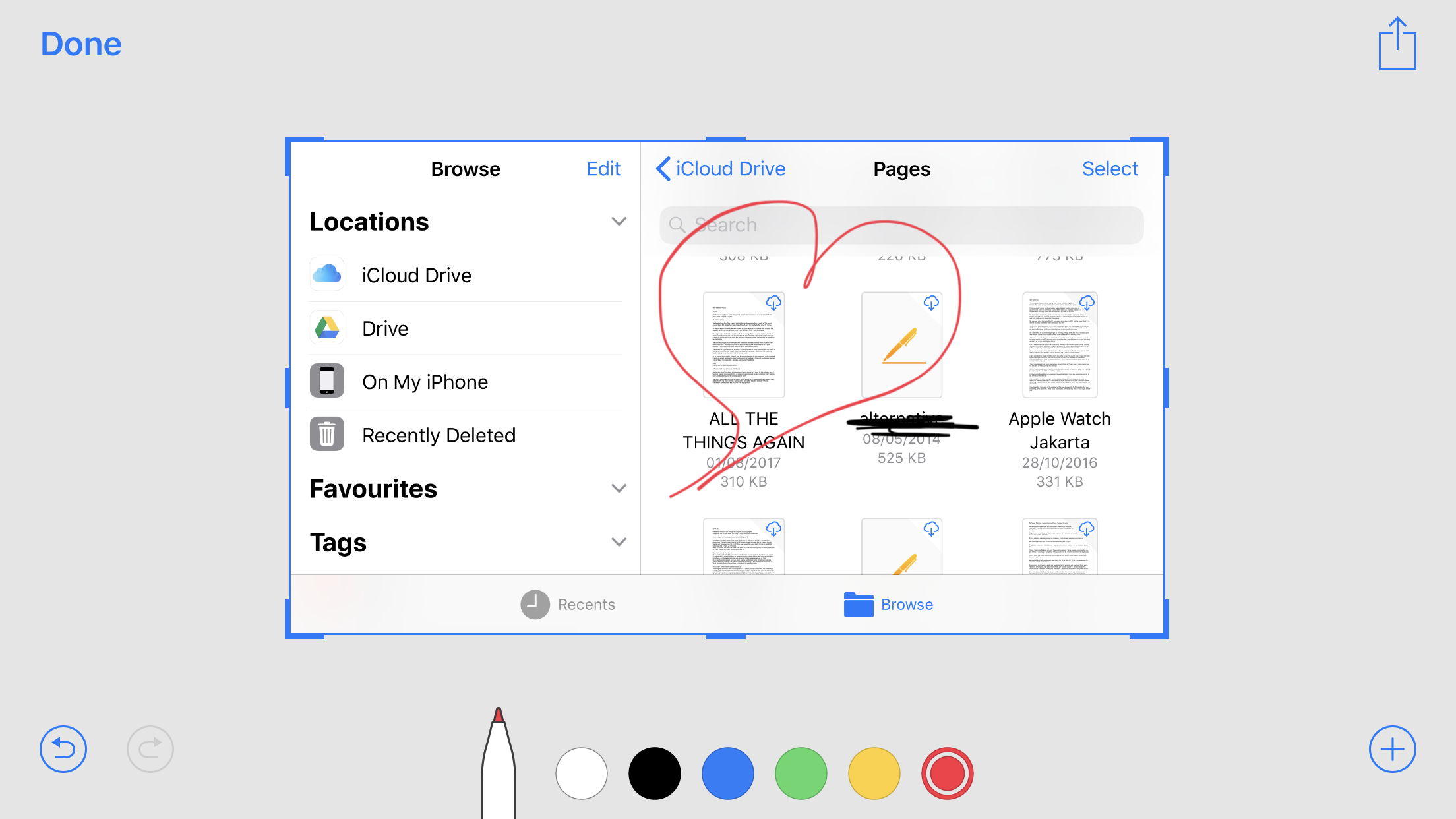
This isn’t alien for a new release of iOS – often when a new version of Apple's mobile software is released we see issues appearing with some apps – but with iOS 11 having spent so long in beta mode it was a little unexpected.
The addition of Files adds something that iPhones have been lacking for years: a peek behind the curtain to access the files hidden inside apps.
Except it really isn't that. You can't open the app and see your photos and videos – you have to save them to the Files app before you can view information on them or copy them to the cloud.
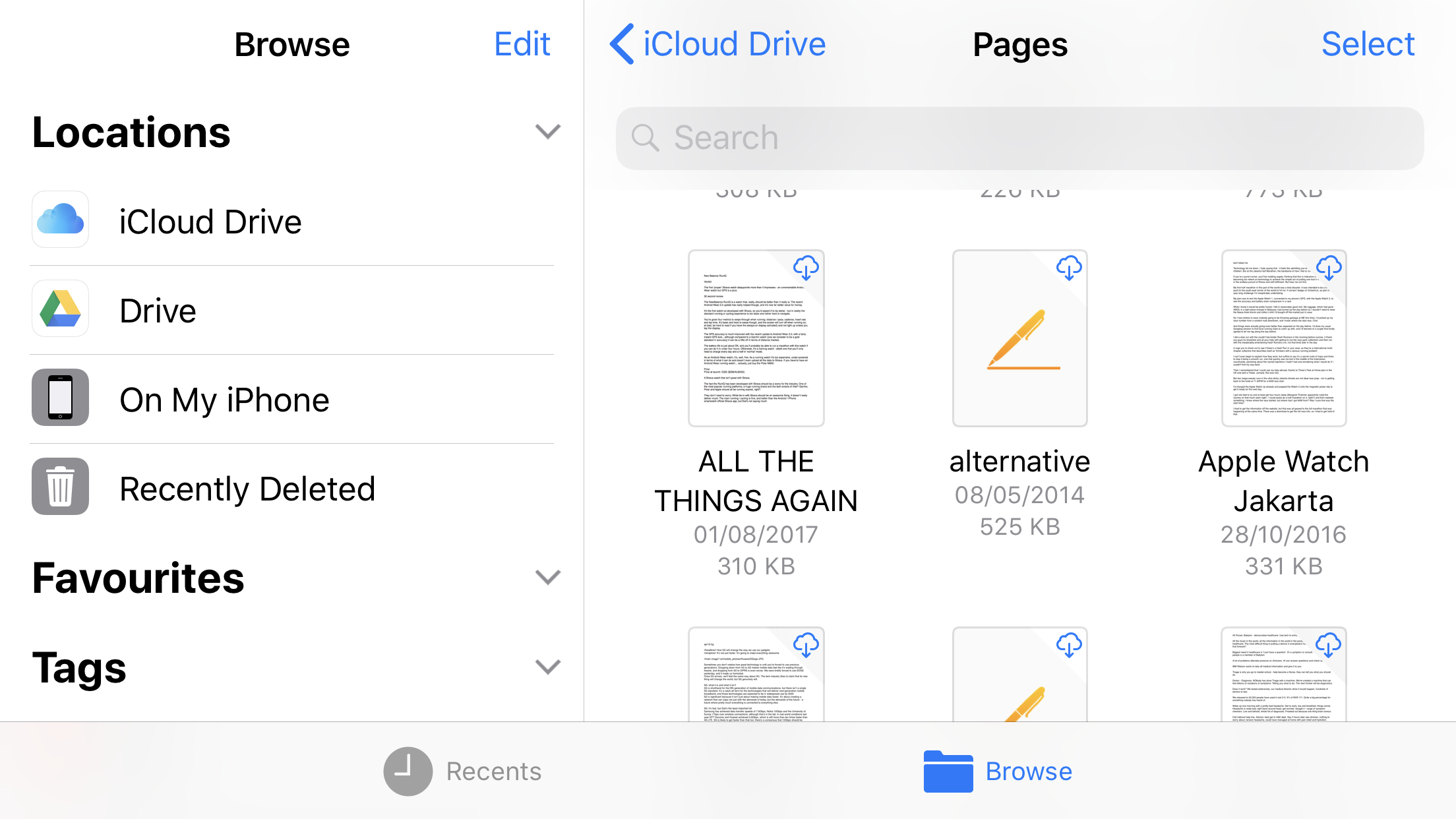
We get that Apple is trying to control the experience so people don't get confused rooting through their file system, and sharing from within apps is more straightforward, but having to wait 30 seconds to save something to Files irks.
It's something the top Android phones let you do easily – excellent when you want to download something from the internet and access it easily for email.
The new screen grab feature is nice: capture one and it'll show as a small preview in the bottom of the screen, from where a tap will open it for annotation.
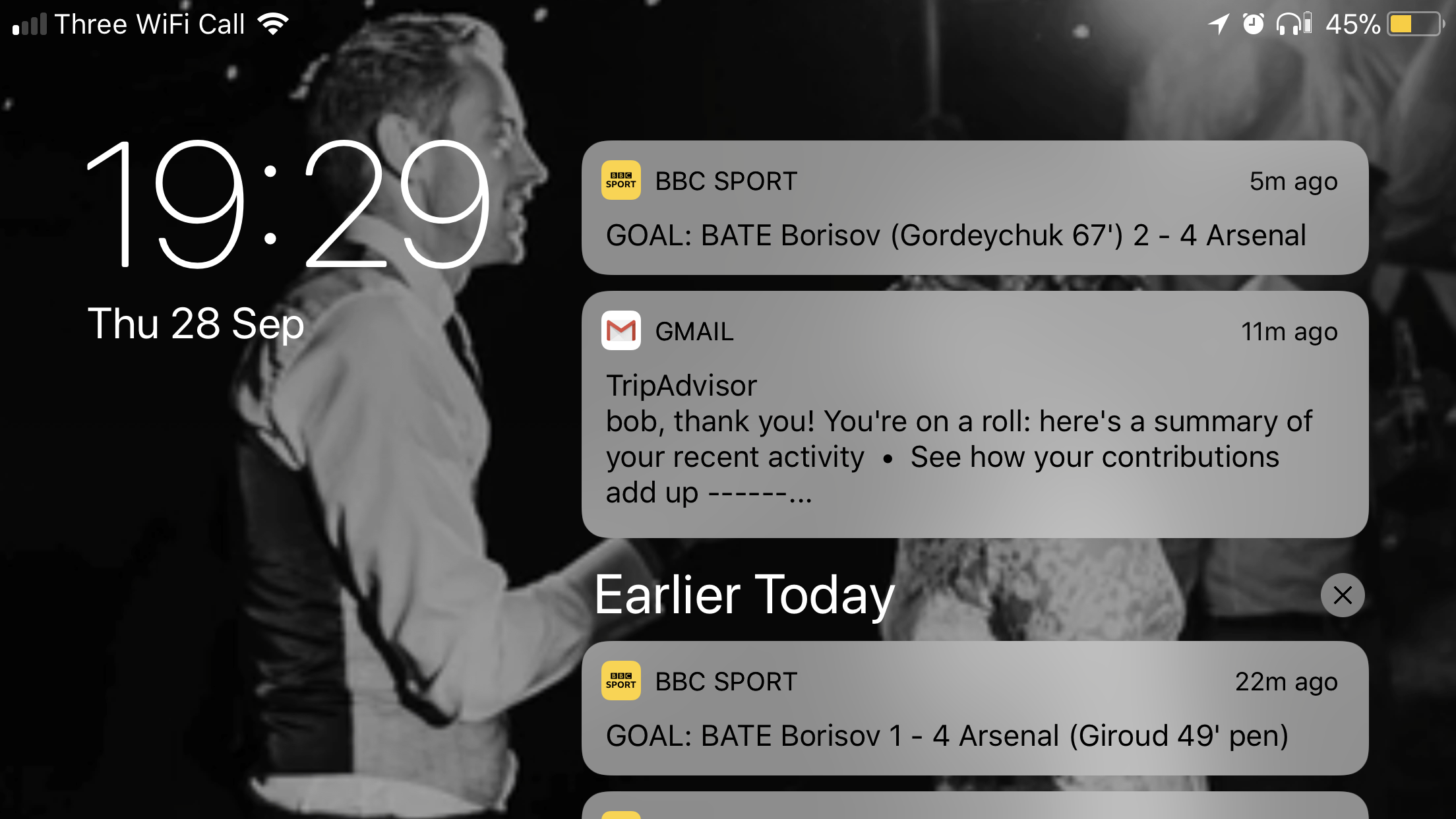
However, a finger is too fat to properly scribble or annotate on them. A smaller Pencil would be perfect here, but let's face it – that's too much like Samsung's S Pen.
The iOS 11 upgrade – although universal to all recent iPhones – shines brightest on the iPhone 8 Plus, and offers a genuine reason to go for the bigger option, for the speed of operation on the heavier tasks if nothing else. The arrival of iOS 12 has only made the phone a better experience overall.
Plus iOS 13 is now confirmed for the phone, and it should be available later this year. That software upgrade will bring features such as Dark Mode and a revamped version of Apple Maps to your iPhone 8 Plus.
Current page: iOS 11 and iOS 12 - a welcome upgrade
Prev Page Battery life Next Page Verdict and competition
Gareth has been part of the consumer technology world in a career spanning three decades. He started life as a staff writer on the fledgling TechRadar, and has grew with the site (primarily as phones, tablets and wearables editor) until becoming Global Editor in Chief in 2018. Gareth has written over 4,000 articles for TechRadar, has contributed expert insight to a number of other publications, chaired panels on zeitgeist technologies, presented at the Gadget Show Live as well as representing the brand on TV and radio for multiple channels including Sky, BBC, ITV and Al-Jazeera. Passionate about fitness, he can bore anyone rigid about stress management, sleep tracking, heart rate variance as well as bemoaning something about the latest iPhone, Galaxy or OLED TV.
